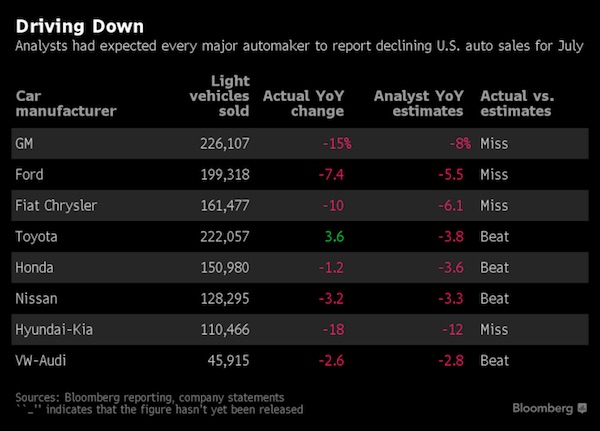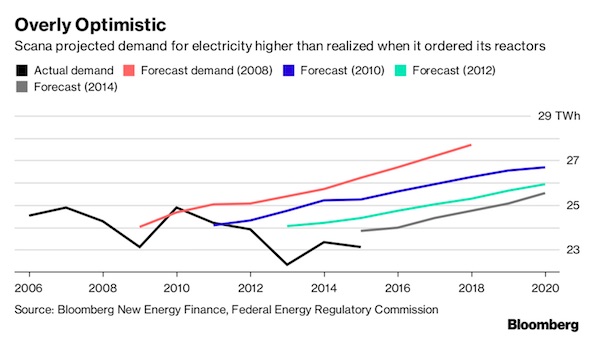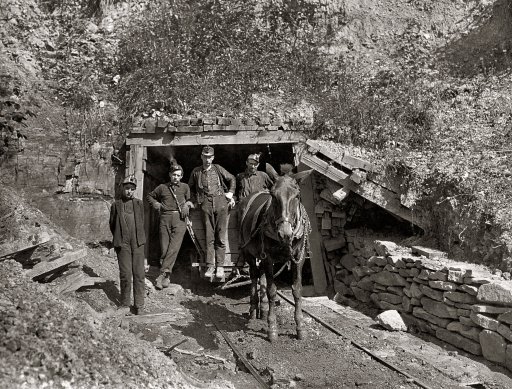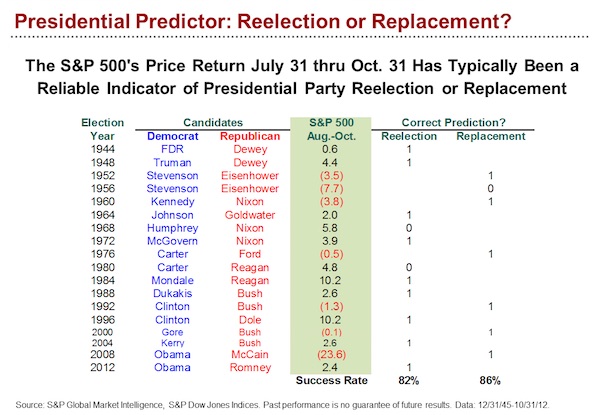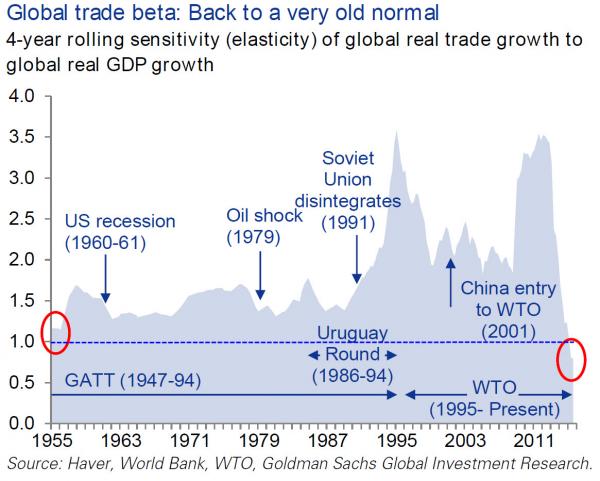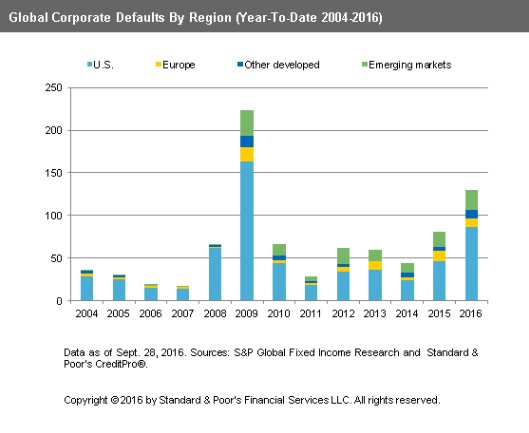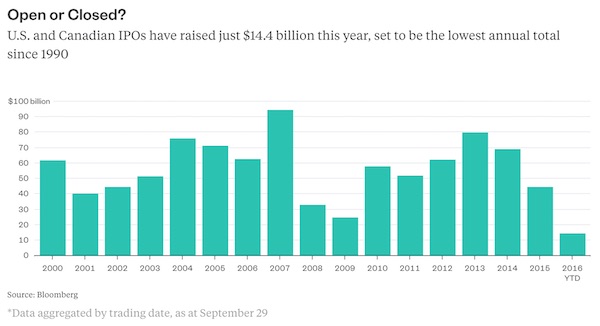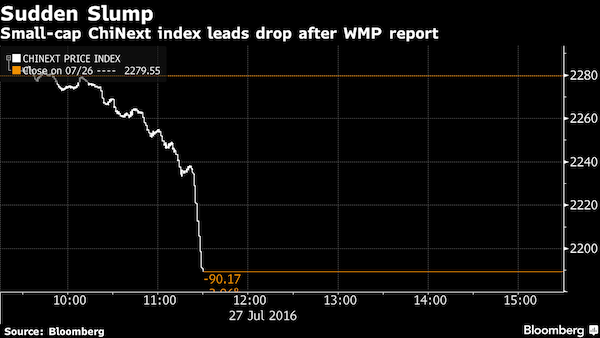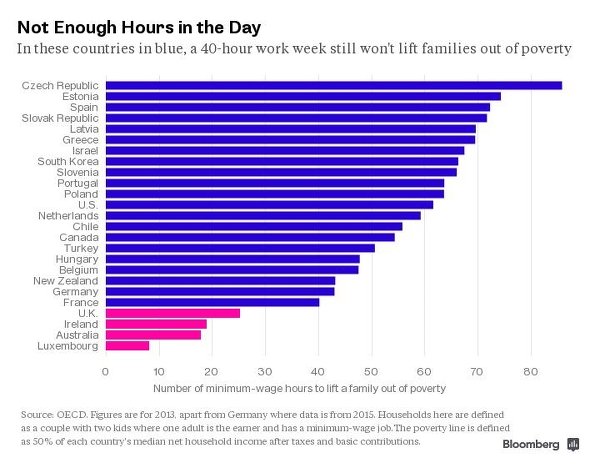
Henri Cartier Bresson Madrid 1933

“How I sold out to the Putin-Soros-Murdoch conspiracy to destroy Western civilization”
Steve has a sense of humor alright. But the serious note here is that RT is the only place where he can get a chance to discuss the issues he sees as real. The BBC, for one, is not interested.
• How I Sold Out To The Putin-Soros-Murdoch Conspiracy (Steve Keen)
I was delighted to find myself in the Top Ten (alright; top 15) of the European Values list of 2,326 “Useful Idiots” appearing regularly on RT shows, and thus legitimizing Vladimir Putin’s attempt to destroy Western civilization as we know it. Why delighted? Because it completes the set of conspiracies to which I can now be accused of belonging. They include: • The Putin Conspiracy, since I am regularly interviewed on Russia Today (and even worse, I now get paid to write for RT!); • The Soros Conspiracy, since my research, has been funded by the Institute for New Economic Thinking (INET) which he established; • The Murdoch Conspiracy, since I appear every week on Sky News Australia with Carson Scott, and I used to get paid by News Ltd to write a weekly column; and • The Alt-Right Conspiracy, since I’ve signed a book contract with Vox Day’s publishing firm Castalia House.
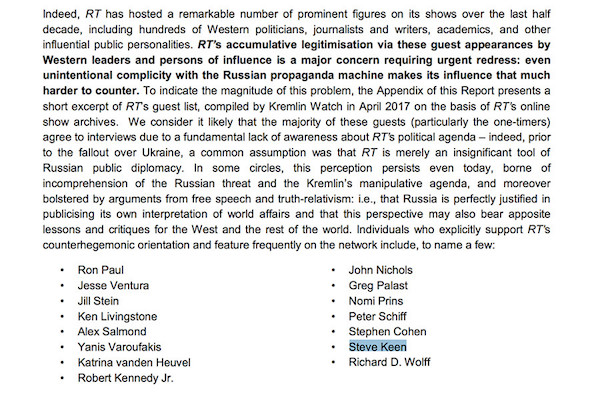
So not only am I a “useful idiot,” I’m a useful idiot for four contradictory conspiracies. Does that make me a double-double agent? No, it makes me someone who’s quadruple pissed off with people who attempt to understand the world from the perspective of conspiracy theories in the first place. I don’t deny the existence of conspiracies: in fact, far from it, because they’re everywhere. What I do deny is the implicit assumption that the conspirators understand the system they’re attempting to manipulate. For example, I’ve heard plenty of conspiracy theorists assert that the 2008 financial crisis was caused by the Federal Reserve/George Soros (Hi George!)/Hedge Funds/Academic-Economists-Who-Peddle-The-Efficient-Markets-Hypothesis, and “they” profited from it.
This implies “they” knew what “they” were doing. Pardon me, but I’ve met many of these protagonists—and in the case of academic economists, I’ve worked with them for 30 years. “They” don’t have a clue (except George). Even those that were actively conspiring—like many hedge funds during the subprime bubble were doing so on the basis of utterly deluded theories about how the system they were trying to game actually worked. Where apparent conspiracies did work, like Soros’s punt against the British Pound decades ago, they did so because a CSP (Clever Sinister Person) bet against the conventional wisdom of others who thought they understood the system (and did not), rather than because the CSP set up the whole thing in the first place.

“..the “billionaire class” continues to “pull apart from the rest of us” at the fastest rate ever recorded..”
• Bill Gates, Jeff Bezos and Warren Buffett Richer Than Poorest Half Of US (G.)
The three richest people in the US – Bill Gates, Jeff Bezos and Warren Buffett – own as much wealth as the bottom half of the US population, or 160 million people. Analysis of the wealth of America’s richest people found that Gates, Bezos and Buffett were sitting on a combined $248.5bn (£190bn) fortune. The Institute for Policy Studies said the growing gap between rich and poor had created a “moral crisis”. In a report, the Billionaire Bonanza, the thinktank said Donald Trump’s tax change proposals would “exacerbate existing wealth disparities” as 80% of tax benefits would end up going to the wealthiest 1% of households. “Wealth inequality is on the rise,” said Chuck Collins, an economist and co-author of the report. “Now is the time for actions that reduce inequality, not tax cuts for the very wealthy.”
The study found that the billionaires included in Forbes magazine’s list of the 400 richest people in the US were worth a combined $2.68tn – more than the GDP of the UK. “Our wealthiest 400 now have more wealth combined than the bottom 64% of the US population, an estimated 80m households or 204 million people,” the report says. “That’s more people than the population of Canada and Mexico combined.” The report says the “billionaire class” continues to “pull apart from the rest of us” at the fastest rate ever recorded. “We have not witnessed such extreme levels of concentrated wealth and power since the first gilded age a century ago.” Forbes celebrated 2017 as “another record year for the wealthiest people in America”, as “the price of admission to the country’s most exclusive club jumped nearly 18% to $2bn”.
That was a tenfold increase on the amount of money needed to enter the list when it first started in 1982. Josh Hoxie, another co-author of the thinktank report, said: “So much money concentrating in so few hands while so many people struggle is not just bad economics, it’s a moral crisis.” The report says many Americans are joining an “emerging anti-inequality movement”. “A century ago, a similar anti-inequality upsurge took on America’s vastly unequal distribution of income and wealth and, over the course of little more than a generation, fashioned a much more equal America,” it says.

“.. the kingdom’s leadership is desperately in need of an enemy..”
• The Middle East Is On The Verge Of New War (SF)
A missile gets fired on the Saudi capital. A missile, which was allegedly built in Iran and smuggled to Yemen, just to be fired at Saudi Arabia. According to initial reports, two Saudi princes died back to back in 24 hours: one in an “accidental” helicopter crash, the other during a firefight that broke out while security forces were trying to arrest him. On November 7, Saudi Arabia’s information ministry spokesman said that “Prince Abdulaziz is alive and well”. However, the prince could not be independently reached for comment by the media. Other high-ranking members of the establishment and the royal family – the two tend to be one and the same in Saudi Arabia – get arrested on charges of corruption, with their bank accounts frozen. Lebanese Prime Minister Saad Hariri unexpectedly resigns after he was summoned to Riyadh by his Saudi-backers.
Meanwhile, Saudi Arabia accused Iran of conducting acts of “direct military aggression” and accused Lebanon of “declaring war” on Riyadh by allowing Hezbollah “aggression” against the kingdom. All this happened in a span of just a few days. With ever-growing security challenges and problems at the regional level, the crisis that took hold of Saudi Arabia does not seem to be slowing down. One contributing factor to the ongoing crisis is a major split in the Saudi royal family: the power struggle that resulted in the former crown prince being deposed and replaced with a new one, a move that shook things up quite a bit inside the country. The echo of this can be seen in the current “anti-corruption” persecution, enforced by the current Crown Prince Mohammad bin Salman.

Outside the country, several key foreign policy projects failed: the effectiveness of the Yemen intervention can be judged by the fact that it resulted in a missile being fired at Riyadh. Bashar al-Assad is still in power in Syria. The attempts to scare Qatar into submission backfired, as Qatar has been getting more and more friendly with Russia, Turkey and Iran. Iran is gaining more and more influence in the region, while the Saudis seem to be losing it, hence they are trying to compensate for their losses by participating in proxy wars elsewhere. The Saudis also tried to flex their diplomatic muscle. King Salman even visited Moscow, where the two sides exchanged promises with no guarantees that these will ever be fulfilled. This also backfired, as some considered it a demonstration of weakness or an attempt to make peace by making concessions.
Add economic struggles to this series of failures, and one can see why the King’s and his Crown Prince’s position seem less and less stable by the minute. The situation apparently seemed so dire, that in order to keep everything afloat active persecution seemed the only possible way to keep the King and his successor in power. The “anti-corruption” campaign is just an excuse: the corruption has always been high in Saudi Arabia, and no one batted an eye before now. These are temporary measures. Persecution can hardly solve foreign and internal matters, and it will not lead to a solution of the problems. Right now, the kingdom’s leadership is desperately in need of an enemy to unite the population and draw their attention away from the chaotic events that unfolding in the country.

The one that got away.
• With Saudi Princes Dead, Arrested, King Fahd’s Grandson Flees To… Iran (IT)
The Saudi royal family – the House of Saud – is throwing up one intrigue after another. Hours after the reported death of Prince Abdul Aziz bin Fahd, his nephew and son of late King Fahd’s eldest surviving son, Prince Turki bin Mohamed bin Fahd has fled the country. His destination, according to speculation among those who are watching the situation closely, is, wait for it, Iran.If this is true, this may put new strain on Tehran and Riyadh, already at loggerheads for dominance in the restive Middle East region, where Saudi Arabia and Iran are fighting, what analysts term, a proxy war in Yemen. What makes Prince Turki bin Mohamed bin Fahd’s reported flight to Iran, where he is said to have sought asylum, interesting, apart from his destination, is that it comes at a time when Saudi aviation authorities are said to have been told not to let any of the oil-rich kingdom’s many royals fly out of the country.
Of course,with the outflow of information from Saudi Arabia particularly restricted right now, all reports of developments on the region must be taken with a pinch of salt. Turki bin Mohamed, is the son of Muhammad bin Fahd Al Saud, the second-oldest son of late Saudi King Fahd bin Abdulaziz Al Saud, and is also the grandnephew of the current King Salman bin Abdulaziz Al Saud This is the same King Salman whose son Crown Prince Mohammad Bin Salman (known informally as MBS) is believed to be have orchestrated what many are seeing as a coup by sideling prominent Saudi royals and taking decisions that could win over the country’s liberal quarters.

Murdoch’s powers challenged.
• Prince Alwaleed Sold His Shares In 21st Century Fox (Abc.au)
One of Rupert Murdoch’s key business allies, who was arrested in last week’s corruption crackdown in Saudi Arabia, has quietly sold off his $1.5 billion stake in 21st Century Fox. The business relationship between Mr Murdoch and Prince Alwaleed bin Talal is now under new scrutiny, with Mr Murdoch’s control over his family-controlled business empire looking more uncertain. “This is very big news,” Murdoch watcher and shareholder activist Stephen Mayne said after the company confirmed Prince Alwaleed had offloaded his shareholdings in Fox and News Corporation. “He’s been the number one backer of Murdoch family control of the public companies for the last 20 years.”
One of the world’s richest men, the Prince is one of dozens of royal family members, officials and business leaders arrested in Saudi Arabia in recent days. With his bank accounts and other assets likely to have been frozen by Saudi authorities, his detention had raised questions about who had control over his almost 40 million Fox shares. It now appears he sold those shares with little fanfare. It is unclear when the shares were sold. But a Bloomberg report on the company’s shareholders shows Prince Alwaleed’s stake fell to zero during the current financial quarter.

Impossible to overestimate what a disaster this is going to be. We need a whole new economics to confront it.
• It Begins: Pension Bailout Bill To Be Introduced This Week (ZH)
Over the past year we have provided extensive coverage of what will likely be the biggest, most politically charged, and most significant financial crisis facing the aging U.S. population: a multi-trillion pension storm, which was recently dubbed “one of the most heated battles of a lifetime” by John Mauldin. The reason, in a nutshell, why the US public pension problem has stumped so many professionals is simple: for lack of a better word, it is an unsustainable Ponzi scheme, in which satisfying accrued pension and retirement obligations requires not only a constant inflow of new money, but also fixed income returns, typically in the 6%+ range, which are virtually unfeasible in a world where global debt/GDP is in the 300%+ range. Which is why we, and many others, have long speculated that it is only a matter of time before the matter receives political attention, and ultimately, a taxpayer bailout.
That moment may be imminent. According to Pensions and Investments magazine, Democratic Senator Sherrod Brown from Ohio plans to introduce legislation that would allow struggling multiemployer pension funds to borrow from the U.S. Treasury to remain solvent. The bill, which is co-sponsored by another Democrat, Rep. Tim Ryan, also of Ohio, could be introduced as soon as this week or shortly after. It would create a new office within the Treasury Department called the Pension Rehabilitation Administration. The funds would come from the sale of Treasury-issued bonds to financial institutions. The pension funds could borrow for 30 years at low interest rates. The one, and painfully amusing, restriction for borrowers is “they could not make risky investments”, which of course will be promptly circumvented in hopes of generating outsized returns and repaying the Treasury’s “bailout” loan, ultimately leading to massive losses on what is effectively a taxpayer-funded pension bailout.


Amoral.
• How The Netherlands Became A Tax Haven (SüdD)
Barack Obama had only been in office for a few weeks when he first tried to take on tax havens. The freshly inaugurated U.S. president wanted greater transparency, harsher penalties and more justice. Obama, who had helped draft anti-tax haven legislation – to date, still not passed – as an Illinois senator, called out many tax havens by name. There were the usual suspects: Bermuda, the Cayman Islands and Switzerland. But there was also, to the surprise of many, the Netherlands. A founding member of the European Union, quaint little Holland has for years been the most important tax haven for American corporations. This includes large multinationals such as the coffee chain Starbucks, the delivery company FedEx, the pharmaceuticals giant Pfizer and – as the Paradise Papers have revealed – the sporting apparel manufacturer Nike and the electric carmaker Tesla.
Every year, other countries lose out on billions of euros in taxes for the apparent reason that the Netherlands has bent to the will of influential lobbyists while neighboring EU member states have stood idly by and done nothing. Experts accuse the country of providing illegal state subsidies, and the European Commission is alarmed, but the Dutch tax loophole will nevertheless remain open for years to come. One of the most important days for the Netherlands as a tax haven was July 6, 2005. That was the day that Paragraph 4 of Article 24 – the so-called anti-abuse clause – was struck from the U.S. tax convention with the Netherlands, effectively legalizing the abuse of Dutch corporate law. The Netherlands’ tax loophole revolves around a business structure known in Dutch as a commanditaire vennootschap, or CV, the Dutch version of a limited partnership. In a CV, just like in a limited partnership, two or more people can join together for business purposes.
One of the partners, namely the limited partner, is only liable for a fixed amount, while the other, the general partner, is fully liable. In contrast to Germany, CVs are not regarded as taxable entities in the Netherlands, but solely as partnerships. In the eyes of the Dutch tax authorities, it’s not the CV itself that’s responsible for paying taxes, but the individual partners. This is where things get interesting, especially for American companies. By founding a CV in the Netherlands plus one or two Dutch subsidiaries, U.S. firms reach “the Holy Grail of tax avoidance.” That’s how Senator Carl Levin once put it while still in office, describing the complex networks of companies that allow their owners to completely avoid taxes.

Time for a plan?!
• FEMA Offers To Airlift Puerto Ricans To Mainland US (CBS)
The Federal Emergency Management Agency (FEMA) is offering to airlift victims of Hurricane Maria in Puerto Rico to the U.S. mainland to reach temporary housing – a complex operation that would be the first of its kind for the agency. Under FEMA’s Transitional Shelter Assistance (TSA) program, displaced residents and families who are still living in shelters on the island can opt to relocate to housing in Florida and New York. The agency is working with the governors in both states to work through logistical issues for families interested in participating. Mike Byrne, a federal coordinating officer for FEMA, said the program is the first time the agency has attempted what it calls an “air bridge,” or a relief operation requiring the transportation of individuals from a disaster area.
In most disasters, FEMA pays for displaced residents to stay in hotels under the TSA program. In Puerto Rico, the hotels are filled to capacity, so FEMA is turning to the mainland and working with states to find accommodations. “A thousand miles adds a whole level of complexity to this,” Byrne said. Byrne says agency teams are traveling to shelters on the island to ask longtime occupants about their housing options going forward, telling them about FEMA’s offer. He said the level of interest in the program has so far been low, with only about 30 out of 300 families interviewed on Tuesday expressing interest in participating. “People really don’t want to leave their homes,” Byrne said. “We want to give them every opportunity we can to be able to stay here, whether it’s providing financial assistance or repairing their homes. So we are going to work hard on those things so people don’t have to leave.”

And still no-one has come forward with an answer. A third party will have to, the two sides can’t do it be themselves.
• Catalan Parliament Speaker, 5 MPs Appear In Court On Sedition Charge (G.)
The speaker of the Catalan parliament and five of its members appeared before Spain’s supreme court in Madrid on Thursday to answer charges of rebellion and sedition over their roles in staging a banned referendum on Catalonia’s independence last month. The court will decide whether to remand Carme Forcadell and the five MPs in custody while the investigation continues or release them under certain conditions. Eight former members of the Catalan government and the leaders of the two main grassroots pro-independence groups are already in custody awaiting trial on sedition charges for their parts in the 1 October referendum, which Spanish courts ruled illegal.
The region’s deposed president, Carles Puigdemont, and four of his former cabinet ministers went into self-imposed exile in Belgium last week after Madrid responded to Catalonia’s declaration of independence by firing his administration, dissolving the parliament and calling regional elections for December. Spain’s high court issued an arrest warrant for for all five last week on sedition and rebellion charges. Forcadell and the five MPs were summoned last week to the supreme court, which handles cases of people who enjoy parliamentary immunity, but it gave them more time to prepare their defences. They are suspected of having followed a “concerted strategy to declare independence” before the official declaration of the Catalan parliament on 27 October, which Spain’s constitutional court annulled on Wednesday.

The narrative is that rich parties organize protests. But there are certainly people simply wanting to prevent people being thrown out into the streets.
• EU Gives Greece Foreclosure Ultimatum (K.)
European officials have given the government an ultimatum to proceed with electronic foreclosures on homes later in the month or else the country’s third bailout review will not be concluded. The warning came despite the recent positive messages emanating from Brussels and Washington that Greece is making progress in the review and is on course to reach an agreement with creditors on a technical level by the end of the year. But lenders appear adamant that the review’s conclusion will be jeopardized if foreclosures do not take place as scheduled and if notaries, who have borne the brunt of attacks by anti-establishment groups and protesters, are not protected. “If the Greek government has the will to protect notaries it will find the way to achieve this,” a source told Kathimerini, adding that “if they want to stop the violence they can do it.”
The sources told Kathimerini they expect to see foreclosures beginning on November 27 “at all banks and throughout the country and not just isolated cases.” Auditors have repeatedly made it clear that the resumption of foreclosures, which have dragged during the crisis years due to strikes by lawyers and notaries and more recently due to anti-austerity protesters, is a prerequisite for the successful conclusion of Greece’s current bailout review. The ultimatum, however, appears to have motivated the government to take action so that foreclosures resume and notaries are protected as sources said that all necessary measures will be taken to “ensure strategic debt defaulters do not hide behind the attacks against notaries.”

The plot is Greeks themselves?!
• The Plot Against Greece (K.)
If some power wanted to undermine all that is good in a country, to waste its natural beauty and people, to damage its past, present and future, it need look no further than Greece. Here it would see the result of a long-term conspiracy against the coue beginning of the modern Greek state, the Greeks were under foreign tutelage. In the past few decades, though, as a member of the European Union, we had begun to believe that we could function as an independent country, without patrons. And suddentry. Fortunately, the Greeks are fighters, they resist as much as they can. That is why the country is still beautiful, with talented, generous people, with bright children capable of competing with the best in the world. The “enemy,” though, holds the people hostage, keeping them from reaching their full potential, from making the country what it could be.
From thnly, bankrupt, we found ourselves under strict supervision again. It is understandable, then, that we blame foreigners for all our ills – those powers that want to suck us dry of our wealth, to keep us weak and under control. Because it is certain that we are not the ones who benefit from continued political and economic insecurity, from unpredictable and excessive taxation, disdain for investments, dysfunctional justice, a weakened education system. The only beneficiaries are the tricksters who know how to exploit the situation – and other countries. When we have almost no investments and the country’s strongest selling point as a tourist destination is its stability in an unstable region, it is clear that we are not creating added value, we are not establishing foundations for the future. Investments go elsewhere and Greece keeps falling behind the competition.
In the World Bank’s latest Doing Business survey of 190 countries, Greece was ranked 67th, from 61st last year (and 60th and 58th before that). It is incredible that after seven years of crisis and three bailout agreements it should still be so difficult to set up a business in Greece. And yet, there is stiff resistance to improving the situation: Taxes and social security contributions are way above the European Union average; there are long delays in the justice system, conflicting and confusing laws and regulations, along with a public administration determined to obstruct whatever it can, encourage corruption and send businesses elsewhere.
Other countries gain even more when thousands of Greek doctors and others with special skills move away in search of a better life, taking with them the money invested in their education. So why should we not believe that it is in our foreign partners’ interests to keep Greece at this level? In the past, they lent us money, now they loot our human resources (and later perhaps our still-to-be-discovered fossil fuels, according to a long-running conspiracy theory). Our partners did not stop lending us money, but now it comes not from their banks but from their taxpayers, and with strict conditions.

Well well. Something good comes out of that mess of a government.
• UK Will Back Total Ban On Bee-Harming Pesticides (G.)
A total ban on insect-harming pesticides in fields across Europe will be backed by the UK, environment secretary Michael Gove has revealed. The decision reverses the government’s previous position and is justified by recent new evidence showing neonicotinoids have contaminated the whole landscape and cause damage to colonies of bees. It also follows the revelation that 75% of all flying insects have disappeared in Germany and probably much further afield, a discovery Gove said had shocked him. Neonicotinoids are the world’s most widely used insecticide but in 2013 the European Union banned their use on flowering crops, although the UK was among the nations opposing the ban. The European Commission now wants a total ban on their use outside of greenhouses, with a vote expected in December, and the UK’s new position makes it very likely to pass.
“The weight of evidence now shows the risks neonicotinoids pose to our environment, particularly to the bees and other pollinators which play such a key part in our £100bn food industry, is greater than previously understood,” said Gove. “I believe this justifies further restrictions on their use. We cannot afford to put our pollinator populations at risk.” In an article for the Guardian, Gove said: “As is always the case, a deteriorating environment is ultimately bad economic news as well.” He said pollinators boost the yield and quality of UK crops by £400m-£680m every year and said, for example, gala apple growers are now having to spend £5.7m a year to do replace the work of lost natural pollinators.
Gove said the evidence of neonicotinoids’ harm to pollinators has grown stronger since 2013, including a landmark field trial published in July that showed neonicotinoids damage bee populations, not just individual insects, and a global analysis of honey revealing worldwide contamination by the insecticides. [..] Gove’s decision has delighted campaigners and scientists who have long argued that heavy pesticide use, along with the destruction of habitat and disease, are having a devastating impact on insects. “Michael Gove is to be congratulated for listening to the experts on this issue and backing tougher restrictions,” said Friends of the Earth’s chief executive Craig Bennett. “But lessons also need to be learned – we now need to move away from chemical-intensive farming and instead boost support for less damaging ways of tackling persistent weeds and pests.



